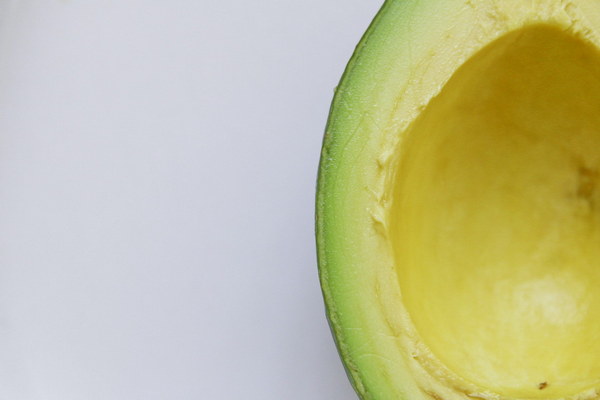Nurturing Your Stomach and Liver A Comprehensive Guide to Liver-Gut Health
In the fast-paced world we live in, taking care of our health is more important than ever. One aspect of health that is often overlooked is the connection between the stomach and the liver, which are two vital organs that play a crucial role in our overall well-being. This article delves into the importance of nurturing both the stomach and the liver, and offers practical tips on how to achieve liver-gut health.
The liver is responsible for detoxifying the body, producing bile to aid in digestion, and regulating blood sugar levels. On the other hand, the stomach is where digestion begins, breaking down food into nutrients that can be absorbed by the body. When these two organs are in harmony, we experience optimal health. However, when they are not functioning well, we may experience symptoms such as bloating, indigestion, fatigue, and even more serious conditions like liver disease or stomach ulcers.
Here are some essential tips on how to nurture your stomach and liver for better liver-gut health:
1. Eat a balanced diet: A well-balanced diet rich in fruits, vegetables, whole grains, lean proteins, and healthy fats is essential for maintaining liver-gut health. Foods high in fiber, such as apples, pears, and leafy greens, can help prevent constipation and support healthy digestion. Including foods that are rich in antioxidants, such as berries and nuts, can help protect the liver from damage.

2. Stay hydrated: Drinking plenty of water is essential for the proper functioning of both the liver and the stomach. Water aids in digestion, helps flush out toxins from the body, and keeps the liver healthy by supporting its detoxification process.
3. Limit alcohol consumption: Excessive alcohol consumption can lead to liver damage, including fatty liver disease and cirrhosis. To protect your liver, it's important to limit your alcohol intake or avoid it altogether.
4. Manage stress: Chronic stress can negatively impact both the liver and the stomach. Techniques such as meditation, yoga, and deep breathing exercises can help reduce stress levels and promote a healthier liver-gut balance.
5. Regular exercise: Engaging in regular physical activity can help improve liver function, enhance digestion, and reduce the risk of liver disease. Aim for at least 30 minutes of moderate exercise most days of the week.
6. Get enough sleep: Adequate sleep is crucial for overall health, including liver-gut health. During sleep, the liver regenerates and repairs itself, so ensure you're getting enough rest.
7. Avoid smoking: Smoking can damage both the liver and the stomach, increasing the risk of liver disease and stomach cancer. Quitting smoking is a vital step towards improving liver-gut health.
8. Consider supplements: Some supplements, such as milk thistle, artichoke extract, and probiotics, may support liver and digestive health. However, it's essential to consult with a healthcare professional before starting any new supplement regimen.
9. Regular health screenings: Regular check-ups and health screenings are important for early detection of any potential liver or stomach issues. Early detection can lead to more effective treatment and better outcomes.
By incorporating these tips into your daily routine, you can help maintain a healthy liver-gut balance and improve your overall well-being. Remember that taking care of your stomach and liver is an ongoing process, and it's essential to stay committed to these healthy habits for long-term benefits.









